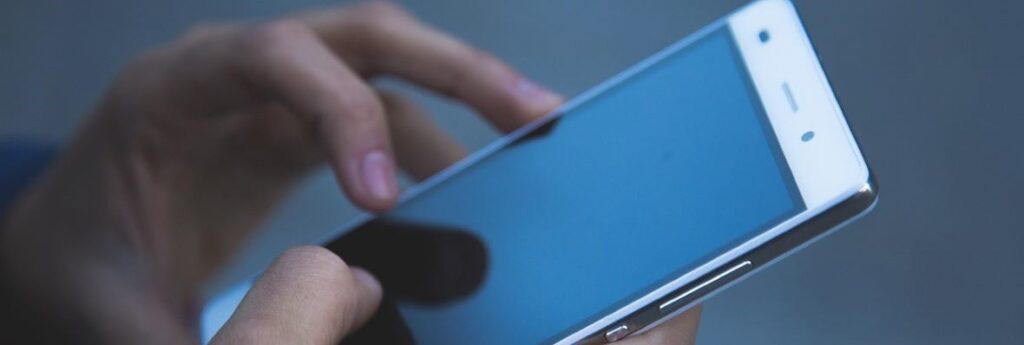The American ambassador to Canada is pushing back on Ottawa’s travel advice on travel to the U.S. that warns Canadians should “expect scrutiny” of electronic device when entering the country. “I’m not denying that it happened, but I’m saying it’s an isolated event and it is not a pattern,” said U.S. Ambassador Pete Hoekstra. He further stated that some Americans are complaining about getting a frosty reception at Canadian customs.
As for entering the U.S., Hoekstra said on Friday that while there have been reports of Canadians facing intensified scrutiny at the border, having phones searched and, in some cases, being detained, such concerns are not grounded in reality.
“Coming to the U.S., that’s a decision for the Canadians to make. Searching devices and all of that is not a well-founded fear. We don’t do that. America is a welcoming place,” he said.
He added, “We welcome Canadians to come in and invest, to spend their hard-earned Canadian dollars at U.S. businesses.”
Hoekstra further stated that some Americans have expressed similar border concerns about Canada, saying they have not received a warm reception.
When asked if these reports from American travellers involve arbitrary phone searches and lengthy detainment, Hoekstra said there are consular cases of Americans complaining to the embassy about the Canada Border Services Agency.
“We’ve said, ‘OK this may have been an isolated event. There may have been a Canadian border person who was having a bad day, and thought they’d take it out on, you know, somebody across the border,'” he said.
In a statement, the CBSA said its officers follow a code of conduct and the federal ethics code that both require them to treat everyone equally, and the agency investigates any complaints of mistreatment.
“Employees are expected to conduct themselves in a way that upholds the values of integrity, respect and professionalism at all times,” wrote spokeswoman Karine Martel. “Treating people with respect, dignity and fairness is fundamental to our border services officers’ relationship with the public and a key part of this is serving all travellers in a non-discriminatory way.”
Hoekstra said travel to the U.S. is up to individuals. “If you decide that you’re not going to come down or whatever, that’s your decision and you’re missing an opportunity. There are great things to see in America,” Hoekstra said.
He also noted the case of CNN journalist Christiane Amanpour, who recently said she prepared to visit the U.S. last month as if she was “going to North Korea” – with a “burner phone” that didn’t carry any personal information – only to experience a warm welcome.
“It’s like, (let’s) get past the rhetoric and let’s look at the real experiences that people are having here,” Hoekstra said.
Airlines have been cutting flights between Canada and the U.S. due to a slump in demand, and Flight Centre Travel Group Canada reported a nearly 40% drop in flights between the two countries year-over-year in February.
A survey in early May conducted by Leger Marketing for the Association for Canadian Studies found 52% of respondents feel that “it is no longer safe for all Canadians travelling to the United States,” with 29% disagreeing and 19% saying they were unsure. Roughly the same proportion said they personally feel unwelcome in the U.S.
LGBTQ+ groups have opted against attending World Pride events in Washington and United Nations events in New York, citing scrutiny at the border as the Trump administration scales back protections for transgender and nonbinary people.
If this article was shared with you by a friend or colleague, you may enjoy receiving your own copy of Travel Industry Today with the latest travel news and reviews each weekday morning. It’s absolutely free – just CLICK HERE.

